Many know of tea’s role in potentially reducing the risk of cancer, but a recent surprise discovery by a team of scientists proves the world’s most popular beverage is perhaps more potent than anyone thought.
A team of Welsh and Indian researchers at Swansea University found by accident that nanoparticles derived from tea leaves can destroy up to 80 percent of the lung cancer cells they’re applied to.
The breakthrough, published in March in Applied Nano Materials, took place as the scientists were trying to find a simpler, more cost-effective way to produce quantum dots, a type of nanoparticle 1/4000th the thickness of a human hair — just 10 to 50 atoms in diameter.
Because quantum dots possess a unique fluorescent quality when hit with light, they can be used for more vivid colors in TVs, more efficient solar cells for solar panels and improved bio-imaging in the healthcare industry.
However, creating quantum dots is costly and can create unwanted chemical byproducts, so the team had hoped to find a way to create nontoxic quantum dots from using extract from Camellia sinensis (the plant from which most white, green and black teas are harvested), along with cadmium sulphate and sodium sulphide, for use in cancer-cell bio-imaging.
As it turned out, when applied to lung cancer cells, the nanoparticles were able to penetrate the cell walls and, using C. sinensis phytochemicals, destroy most of the cells.
"Our research confirmed previous evidence that tea leaf extract can be a nontoxic alternative to making quantum dots using chemicals," said lead researcher Dr. Sudhagar Pitchaimuthu, in a statement. “The real surprise, however, was that the dots actively inhibited the growth of the lung cancer cells. We hadn't been expecting this.”
The healthcare industry is already embracing nanotechnology for everything from potential MS treatment to gene therapy and rewarming cryogenically frozen organs, so the quantum dot discovery could someday find uses beyond cancer treatment.
It may be a while before tea-derived quantum dots can be used on actual cancer patients, as conducting experiments in a Petri dish does not always translate to the intricacy of the human body or the complexity of cancer cells. The team, however, is optimistic, especially since lung cancer is one of the deadliest cancers, affecting 1 in 15 people in their lifetime and bearing a low 18 percent survival rate — the lowest of any of the other common cancers such as breast and prostate. (Only 50 percent of women diagnosed with lung cancer will live one year, compared with 90 percent of women with breast cancer.)
"Building on this exciting discovery, the next step is to scale up our operation, hopefully with the help of other collaborators. We want to investigate the role of tea leaf extract in cancer cell imaging, and the interface between quantum dots and the cancer cell,” said Dr. Pitchaimuthu. “We would like to set up a ‘quantum dot factory’ which will allow us to explore more fully the ways in which they can be used."





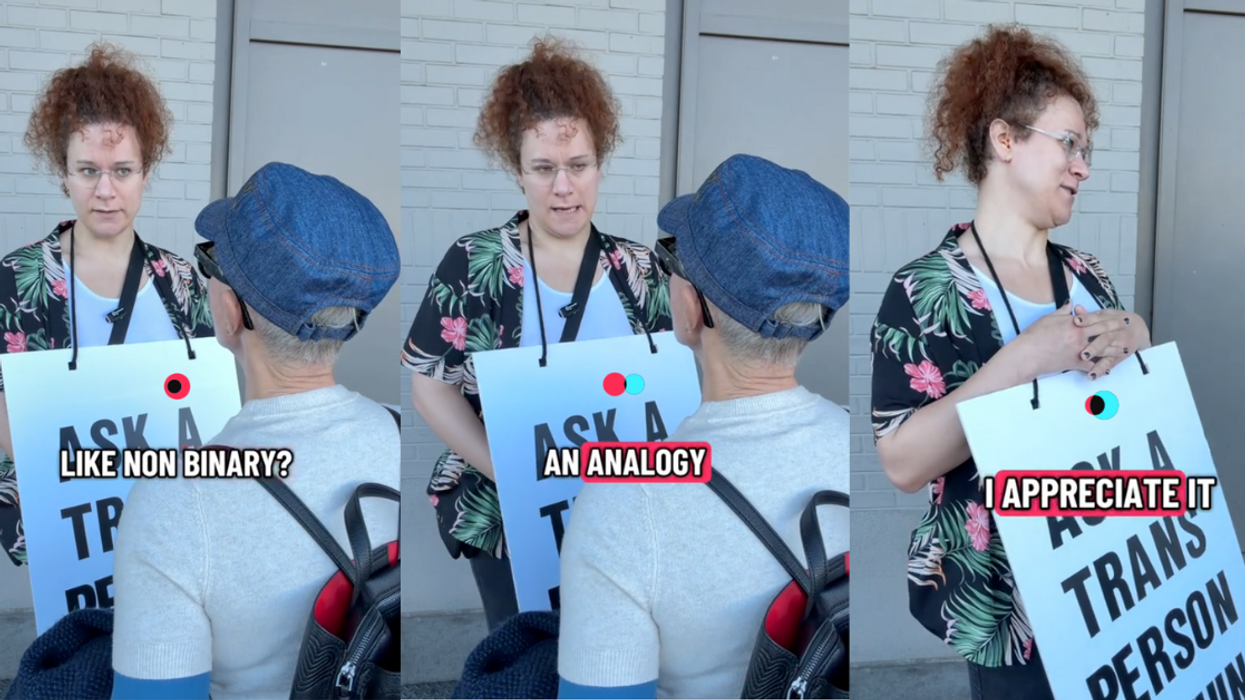
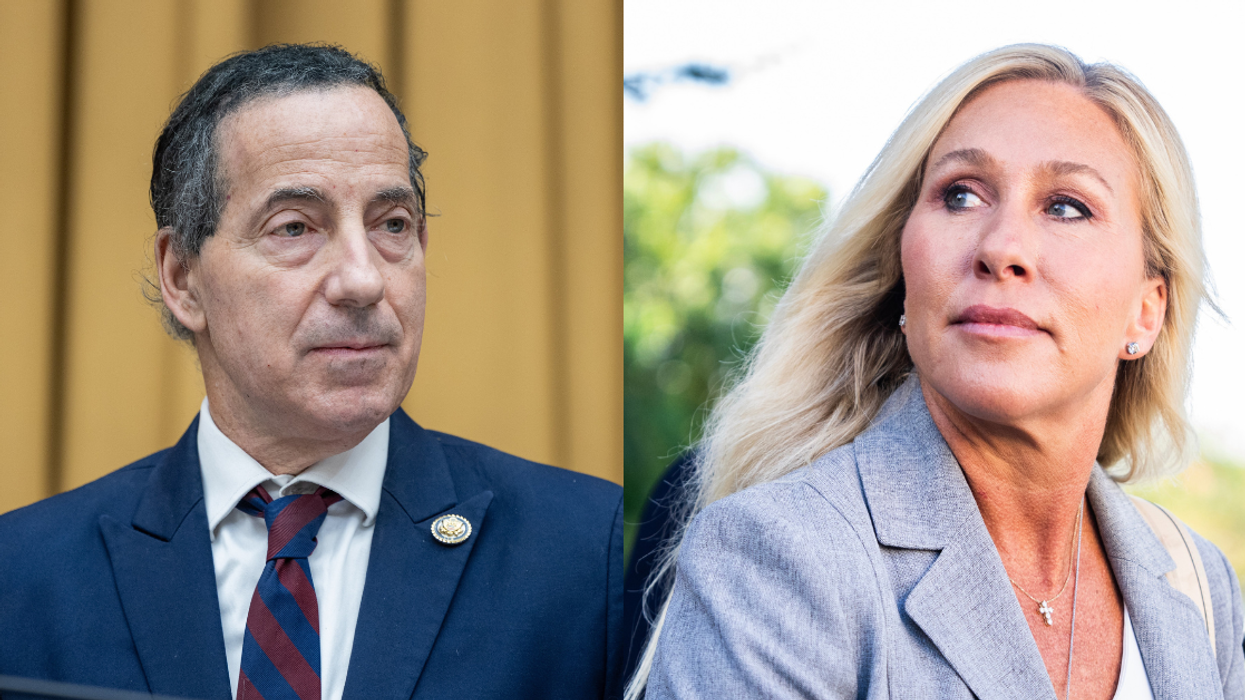
 @TrinityMustache/X
@TrinityMustache/X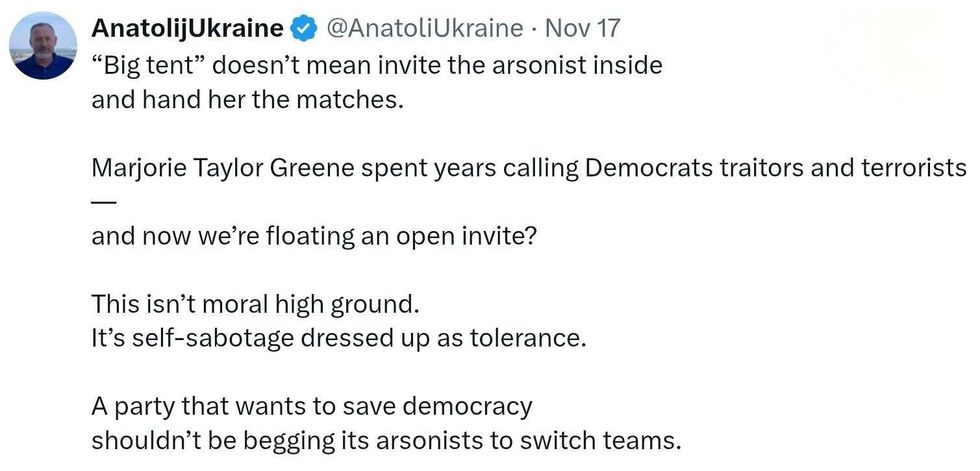 @AnatoliUkraine/X
@AnatoliUkraine/X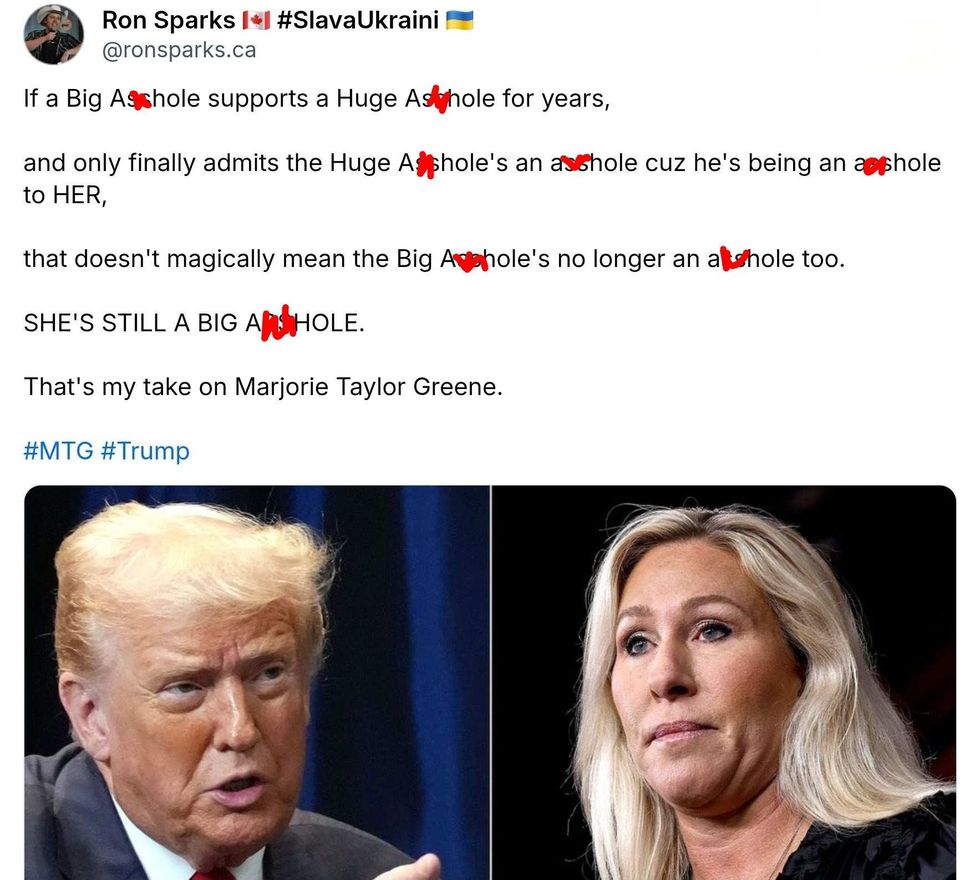 @ronsparks.ca/Bluesky
@ronsparks.ca/Bluesky @sycamoressource/X
@sycamoressource/X @Stephen52534304/X
@Stephen52534304/X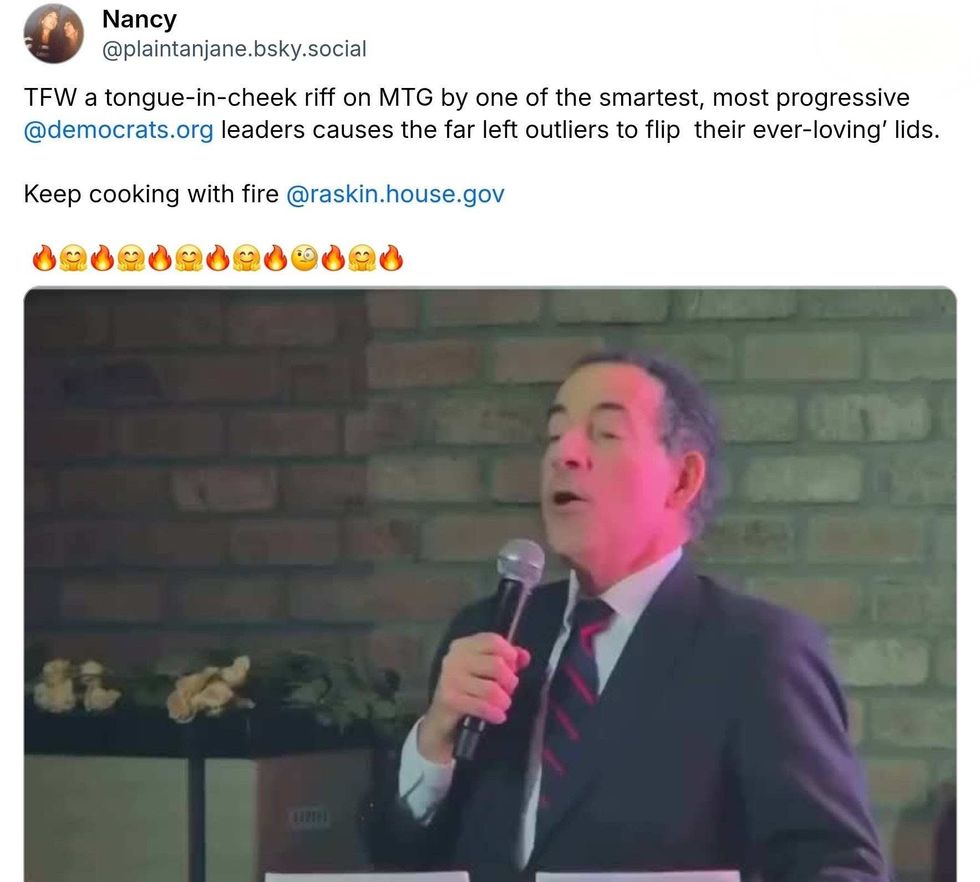 @plaintanjane/Bluesky
@plaintanjane/Bluesky @alycemiller/Bluesky
@alycemiller/Bluesky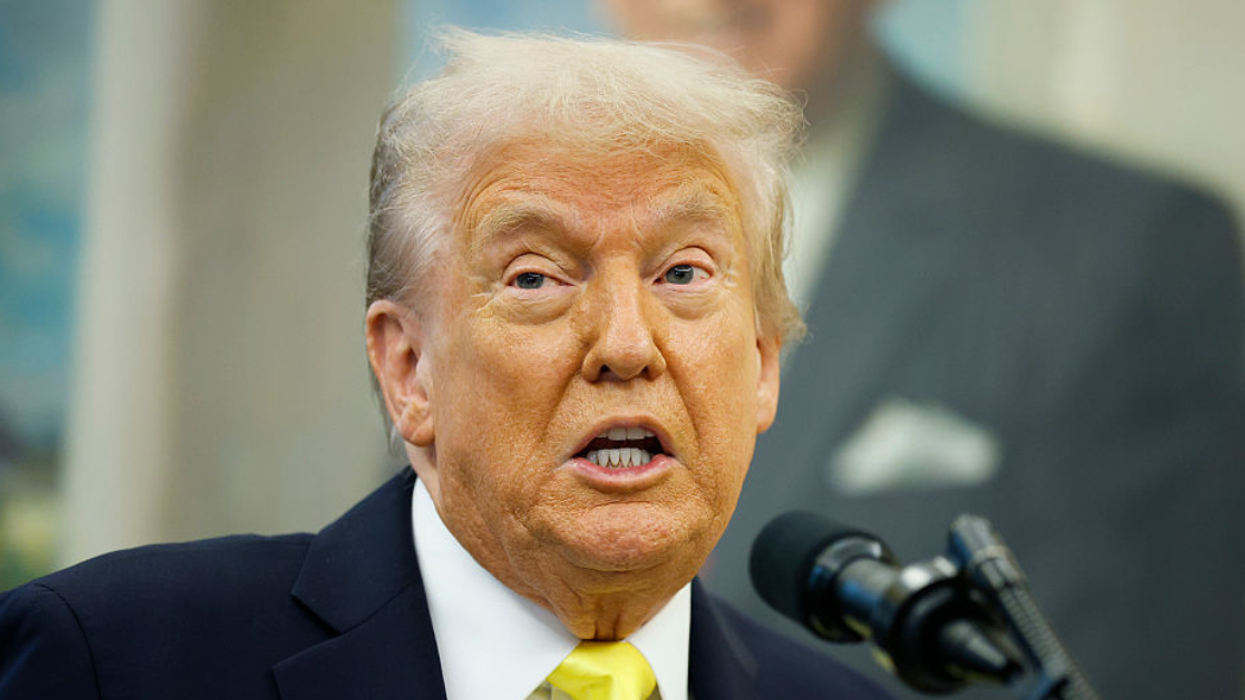





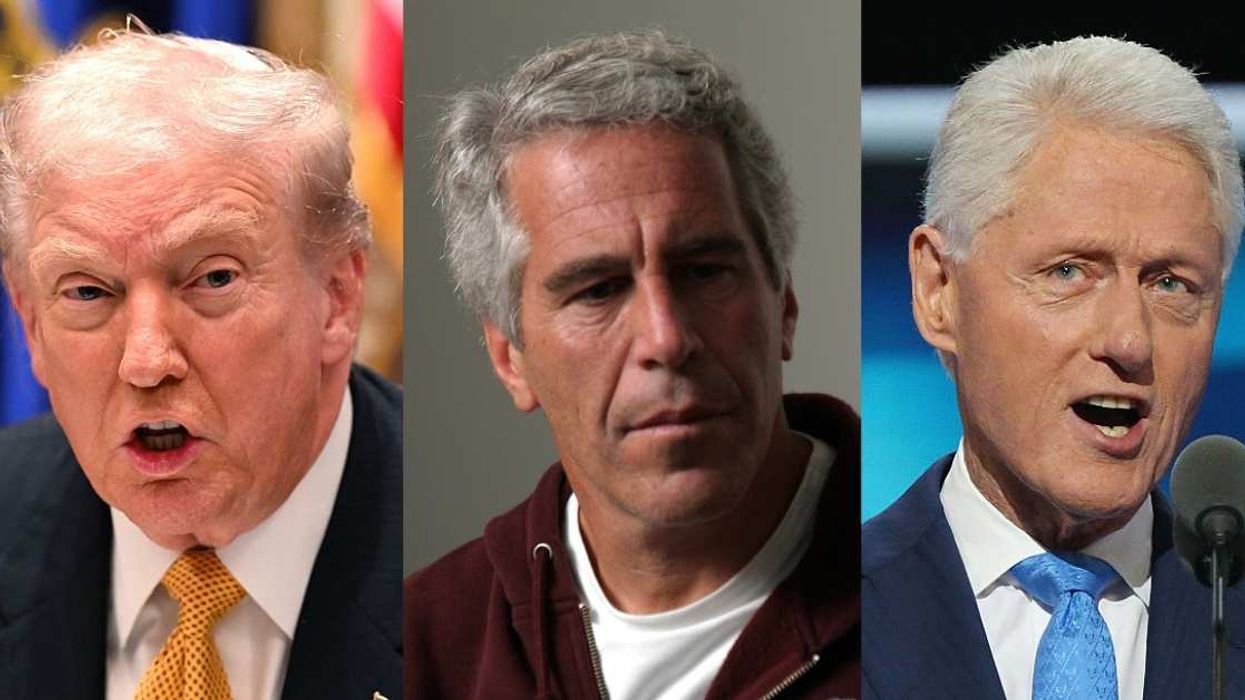
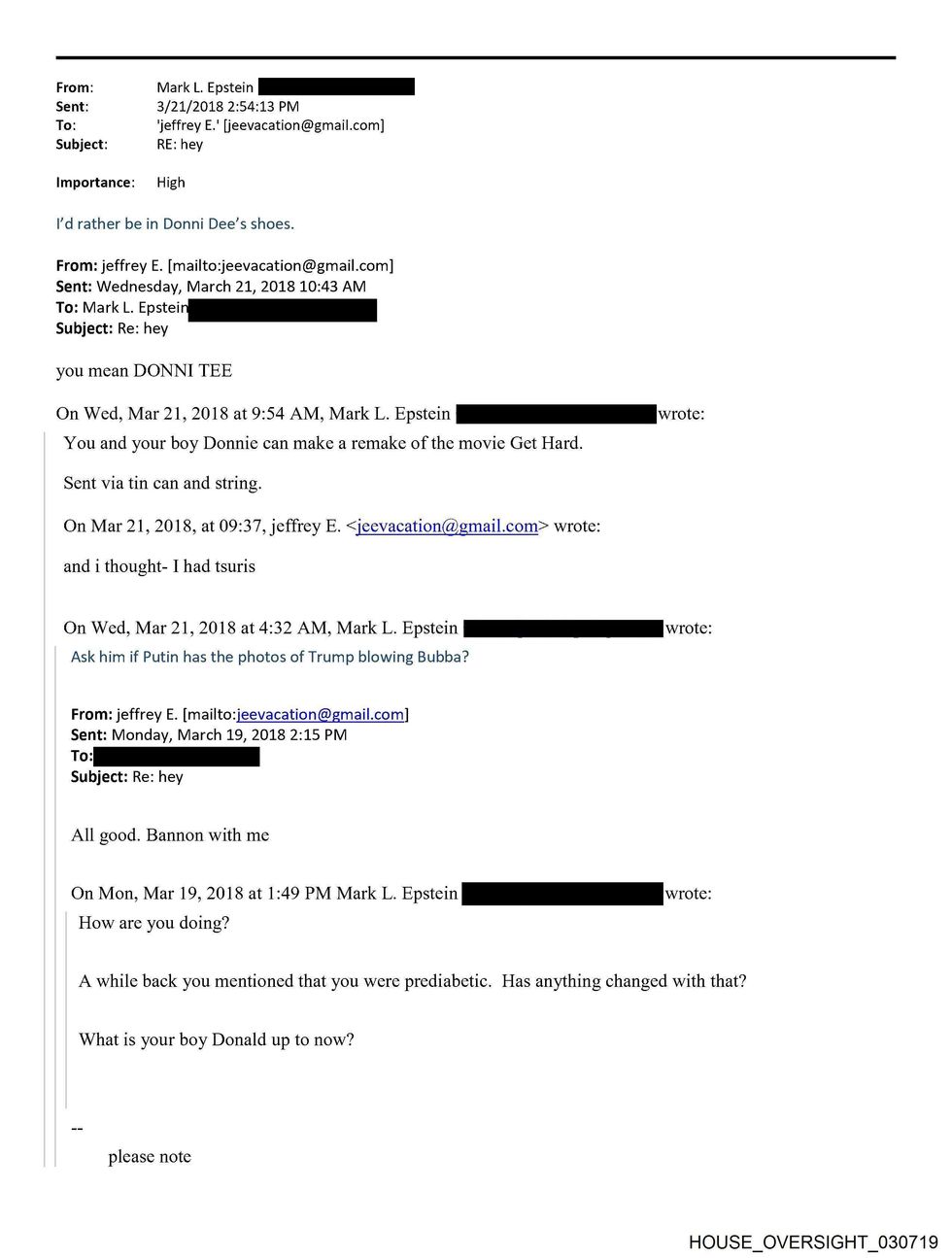 House Oversight Committee
House Oversight Committee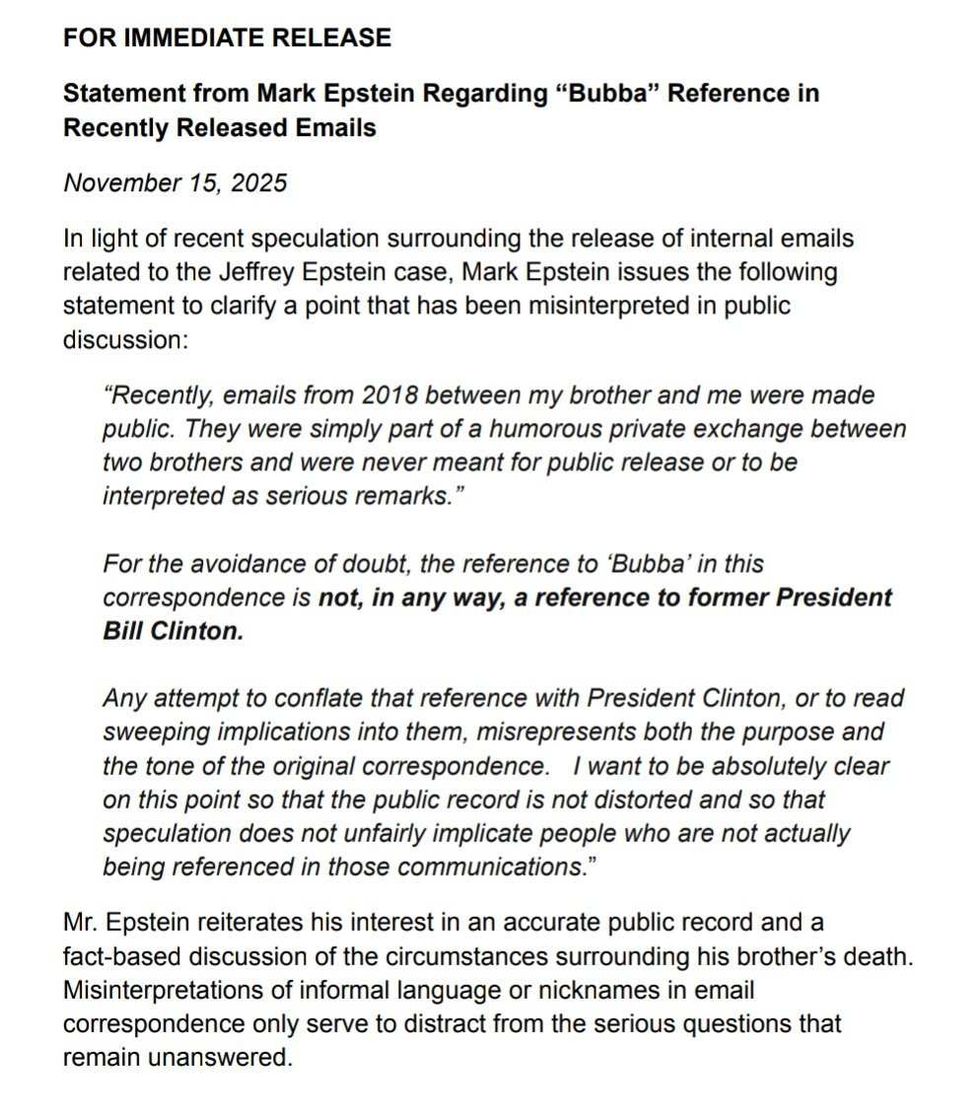 @JayShamsX
@JayShamsX


 @ceoofhoesmad/TikTok
@ceoofhoesmad/TikTok @showmeurmoomoo/TikTok
@showmeurmoomoo/TikTok @cablehoe/TikTok
@cablehoe/TikTok @samanthagibson46/TikTok
@samanthagibson46/TikTok @ikranamoktoyu/TikTok
@ikranamoktoyu/TikTok @hopeyoufindyourdad/TikTok
@hopeyoufindyourdad/TikTok @lexytheactress/TikTok
@lexytheactress/TikTok @athenasworld95/TikTok
@athenasworld95/TikTok @kelsibell24/TikTok
@kelsibell24/TikTok @sydneywynder/TikTok
@sydneywynder/TikTok @vickbash/TikTok
@vickbash/TikTok @xp.etros/TikTok
@xp.etros/TikTok